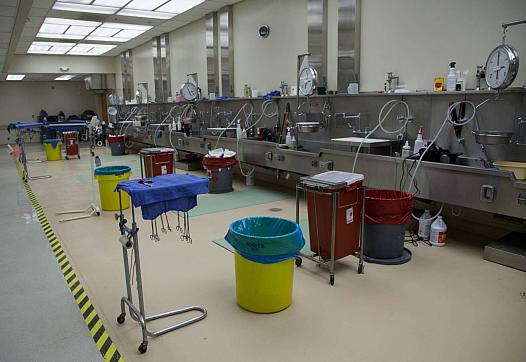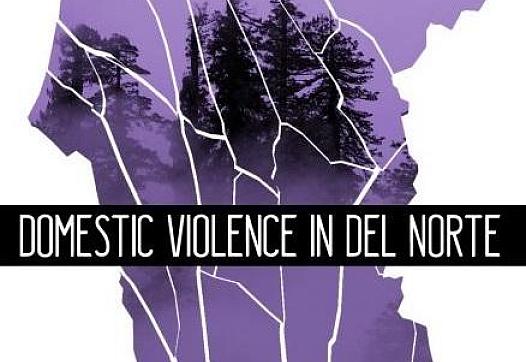
In Asian American families, where the subject of sex is particularly taboo and parents may lack sex education themselves, discussions about sex are less likely to happen. Reporter Thy Vo set out to document the consequences for young Asian Americans.









